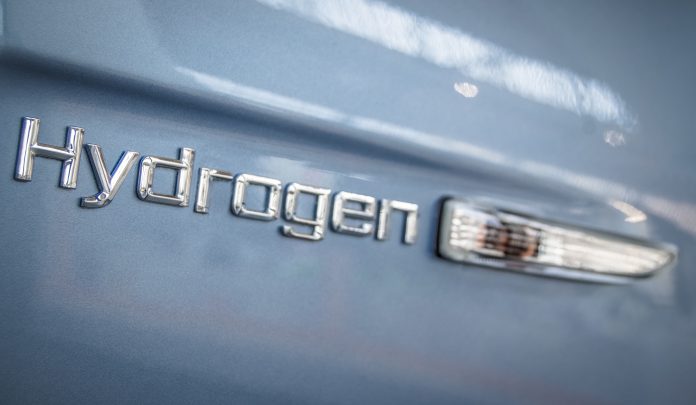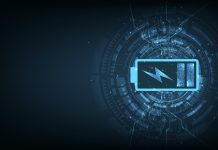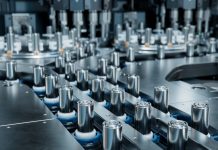Morry Markowitz, President of the Fuel Cell and Hydrogen Energy Association details all we need to know about the National Hydrogen and Fuel Cell Day on October 8th and beyond that
This October 8th, fuel cell and hydrogen champions in both the private and public sector around the world will once again come together to commemorate National Hydrogen and Fuel Cell Day. This ‘day’, chosen as a nod to the atomic weight of hydrogen (1.008), has grown from a Washington, DC-focused event into an international celebration.
National Hydrogen and Fuel Cell Day was created five years ago by the Fuel Cell and Hydrogen Energy Association (FCHEA) as a rallying tool for the industry and supporters to share groundbreaking announcements, raise awareness of the technology and host events for both public and policymakers. This coordinated effort was devised in order have the biggest impact possible, breaking through the endless 24/7 news cycle to showcase the current benefits and future potential the technology brings to a range of applications and market sectors.
That first year was an impressive success, made even more so with the passage of a bipartisan U.S. Senate resolution. Every year since, National Hydrogen and Fuel Cell Day has grown beyond simply an industry event to include support from both houses of Congress, the participation of Federal agencies and National Laboratories, proclamations from state governments across the country and even engagement from companies and organisations abroad.
The rise in support for National Hydrogen and Fuel Cell Day is closely aligned with the growth of the industry itself, in the U.S. and internationally. Fuel cell passenger cars from major automakers have been available now for several years and there are dozens of fuel cell buses in operation in the U.S., Europe and Asia. The vehicle market is expanding to include medium and heavy-duty delivery vans and Class 8 trucks, with demonstrations and orders by some of the biggest logistics companies in the world. The material handling sector is continuing to grow, with more than 26,000 vehicles in operation or on order in America and new customers in Europe entering the fold. Fuel cells are also being integrated into everything from small, unmanned drones to the large passenger trains and ferries.
The global appeal of hydrogen as a fuel is its ability to be generated from a wide range of local sources and feedstocks, including natural gas, coal, organic waste/biogas, or by electrolysing water, using grid power or renewable solar or wind-generated electricity.
Outside of transportation, tens of thousands of hydrogen fuel cells are ensuring reliable and continuous power to communications networks, traffic and rail signals, surveillance and other equipment for a range of customers, including wireless companies, utilities, first responders and government agencies. Large-scale fuel cell systems utilising natural gas or biogas are being installed by both the public and private sector, including some of the biggest utilities and corporations.
Countries are increasingly looking at hydrogen for large-scale energy storage and are deploying large systems to utilise excess hydrogen from renewables, such as wind and solar farms to help stabilise the grid and generate clean and reliable electricity at any hour, in any weather.
Once the festivities surrounding National Hydrogen and Fuel Cell Day subside, the momentum of the industry will continue at the 2019 Fuel Cell Seminar & Energy Exposition (FCS&EE) which will take place November 5th-7th at the Long Beach Convention Center in Long Beach, California. The FCS&EE is the longest-running and most comprehensive fuel cell and hydrogen conference in the U.S. and arguably the world. It combines high-level keynotes and plenary talks with a bustling exhibit hall showcasing the latest products through the entire supply chain; technical poster and breakout sessions on a range of R&D and commercialisation topics; and networking opportunities galore, with evening receptions every night.
Both these events, National Hydrogen and Fuel Cell Day and the FCS&EE, offer industry insiders perfect opportunities to voice support, highlight progress and create critical stakeholder relationships to keep the spotlight on this innovative and important technology and the fuel it uses. They also present a great opportunity for companies interested in learning more, be it as a potential supplier, partner, or customer, about the expanding potential and benefits fuel cells and hydrogen bring to the table. A technology that can provide power for any size, any need, any application, from almost any feedstock, definitely warrants and deserves the attention.












